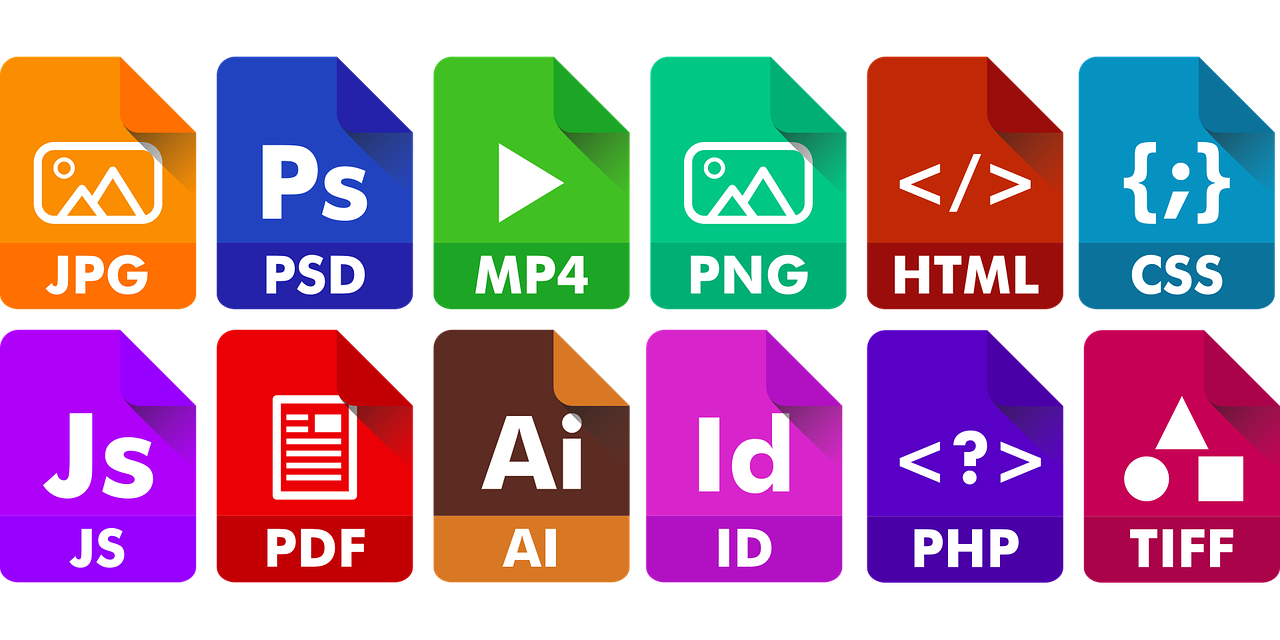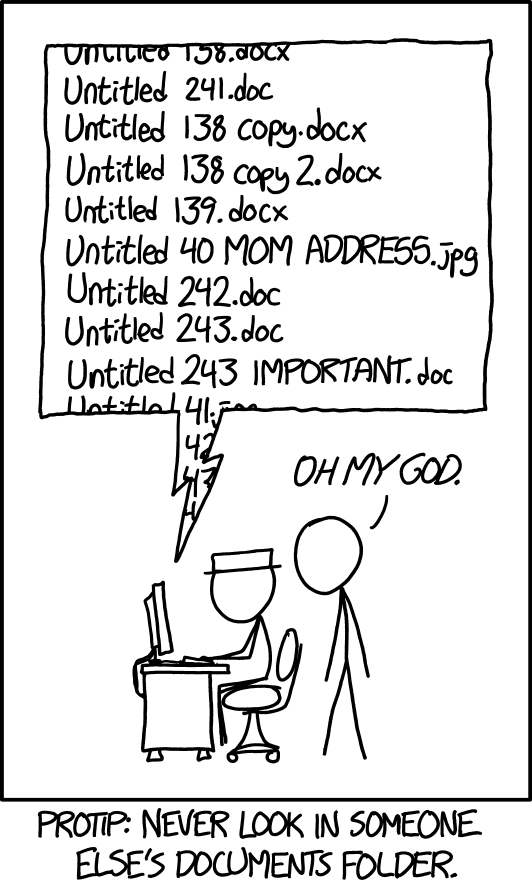Record the Process of Data Collection
In your research data management plan, it’s important to explain various aspects related to data collection:
Table of contents
Data Type & File Formats
First, describe the type of data you will collect, such as text, images, audio, or scans.
Each file type has many file formats available. When choosing file formats, it is recommended to use non-proprietary, open data formats like CSV or txt. These formats promote accessibility and long-term usability.

You can refer to the File Formatting workshop for further guidance.
Tools
Next, outline the softwares and/or platforms that you will utilize for data collection. Provide a brief explanation of the tools or applications that will be involved in the data collection process.

Microsoft (MS) Teams and OneDrive
Per UBC Information Security Standard U3, sharing platform such as DropBox and Google Drive should not be used to share research information, as they are not UBC approved tools.
Microsoft Teams and OneDrive are deployed as data collection and storage solutions for UBC electronic information, including research data.
Microsoft (MS) Teams was configured to facilitate and support collaborative work for UBC staff, faculty and students. Researchers can use Teams to collaborate on research-related documentation and store research data, as well as perform administrative tasks such as scheduling, developing protocols and planning.
Microsoft (MS) OneDrive is a file hosting and synchronization service operated by Microsoft, as part of their suite of MS 365 applications. MS OneDrive allows users to securely store, share and synchronize files and folders from anywhere at any time.
Please see more information on the Advanced Research Computing website.
Data Organization
Additionally, it is crucial to discuss how you will organize your data. This includes details regarding file naming and versioning.
File Naming
You should aim for concise but descriptive file names, a consistent naming system, and a simple hierarchy. Adopting a naming convention like that for your files can greatly enhance the organization and discoverability of your data.

You can consult the File Naming workshop for valuable recommendations and best practices.
Version Control
There are many tools for aiding researchers with version control. These tools vary from simpler automated backup systems to platforms with customizable backup and versioning capabilities. If you use any, e.g. Git and Github; The Open Science Framework (OSF) or others - mention and name them in your plan.
Congrats!

By addressing these considerations in your research data management plan, you can ensure that your data collection process is well-documented, standardized, and facilitates efficient data organization and future utilization.
Need help?
Please reach out to research.data@ubc.ca for assistance with any of your research data questions.
Loading last updated date...